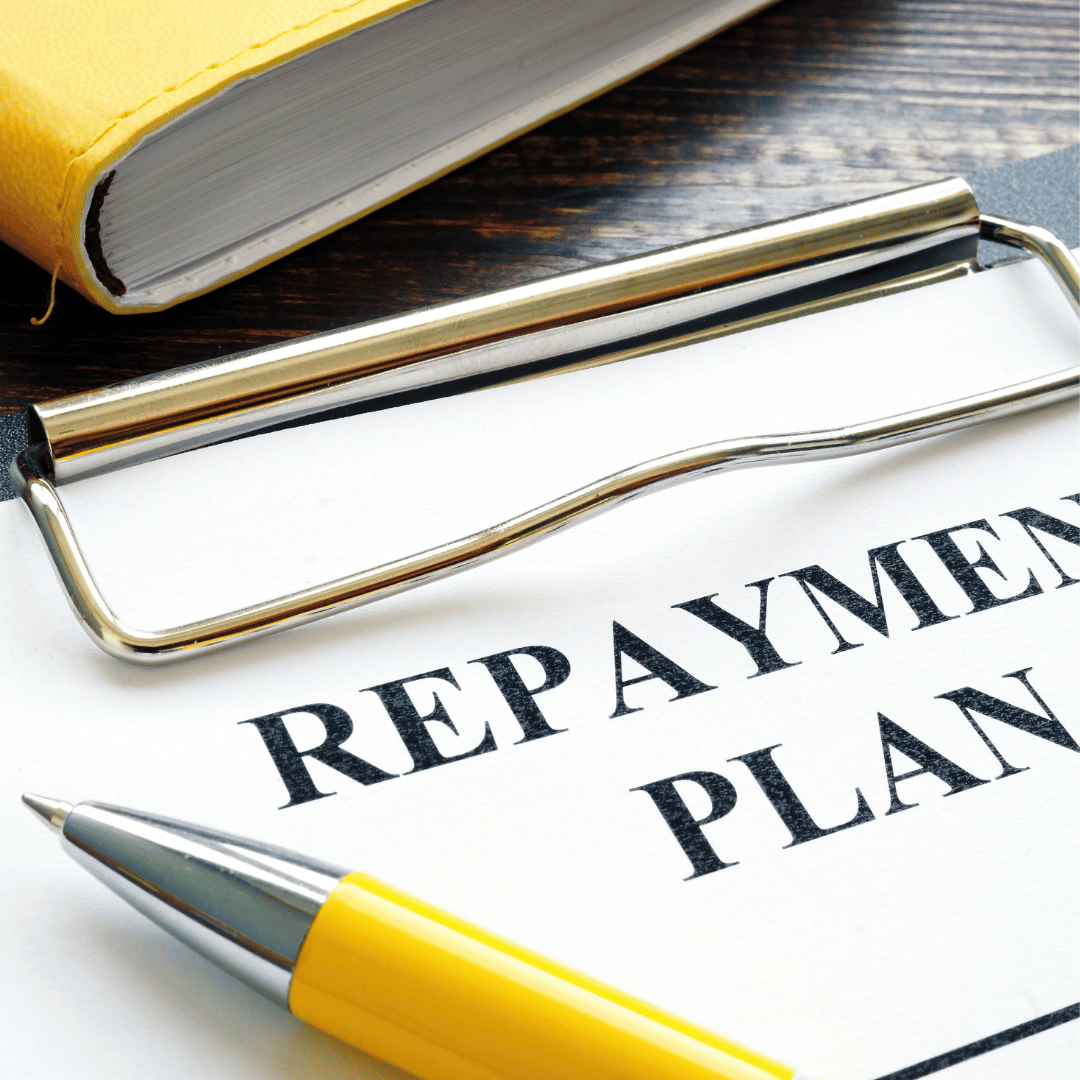7 steps to take if you cant make your bond payments
- Step 1 : Evaluate your situation.
- Step 2. Contact your Bank or whichever Homeloan financer you used to obtain a Bond.
- Step 3. Work with your lender to find a solution.
- Step 4. Consider extending your Bond period.
- Step 5. Consider asking for a Repayment Pause.
- Step 6. Stick to your new agreement.
- Step 7. What will happen if my finacial problems persist?
Step 1. Evaluate your situation.
Take time to consider your finacial situation ojectively. You are not alone – many South Africans are finding themselves under financial stress due to increases in the cost of living and are therefore finding it increasingly difficult to keep up with their home loan repayments. So before going to see your Bank Manager make sure you have a clear picture of your finacial affairs. Consider working with a Debt counsellor to draw up a plan of action to reduce your financial problems. This will offer the Bank information as to how much time you might need help to get you finances back in order.
Step 2. Contact your Bank or whichever Homeloan financer you used to obtain a Bond.
Call the Bank. This is not so easy these days as often the only point of communication is an impersonal Call Centre. But it is so important to do this timeously – and not to let this difficulty be an excuse to delay starting the process. Once you have found the right person to deal with you make sure you are well prepared – have the documentation showing income and expenses and any other information that has impacted on your ability to make your bond repayments. In addition, it will be in your best interests to show the Bank any steps you have taken to reduce your debt levels.
Step 3. Work with your lender to find a solution.
Remember that it will benefit the Lender to help you find a solution. The Legal pathway of evicting a person from their home involves huge legal expenses. So if you show willing to work through your financial options there is a good chance that a workable plan can be found. Bond restructuring is one option that can be offered by the Lender.
Step 4. Consider extending your Bond period.
One possible Bond restructuring tool is to consider extending the term of the bond, for example, from 20 years to 25 or 30 years. This will reduce the monthly repayments. You must take into account that you will end up paying more in interest on the loan over the extended period.
Step 5. Consider asking for a Repayment Pause.
This pause could give you a few months free of Bond repayments. The Lender requires you to have had your home loan for 12 months to be eligible for a Repayment Pause and of course any Repayment Pause requests are subject to Bank approval. Normally the time frame for a Repayment Pause is for 3-12 months. You must keep in mind that the interest due on your Bond will be calculated on the now increased Bond wich could result in higher Bond repayments once the pause is over. This tool for restructuring gives you breathing space to keep your property and if your finacial situation improves during the pause you can always revert to your original payment plan. You will be required to return to the original plan at the end of the pause.
Step 6. Stick to your new agreement.
Once you have agreed to restructured Bond terms to solve your financial crisis, it is so important to stick to the agreement you made. You will be signing a legal agreement with the bank so make sure you understand all the implications of this new agreement and are able to honour your agreement. It will be much more difficult to find a solution to keep you Home if you have to approach the Bank a second time.
Step 7. What will happen if my financial problems persist?
If all avenues fail to result in a new workable agreement the Bank will have no option but to start legal proceedings. The legal department will make arrangements for you to sign a Power of Attorney in favour of the Bank. This will allow the Bank to market and then sell your property. In some cases, you can arrange to list your property and sell it independently. Only if these actions fail will the Legal department start legal action to blacklist you and repossess your property.
THE KEY STEP!
Approach your bank for help before you default on your payments.


